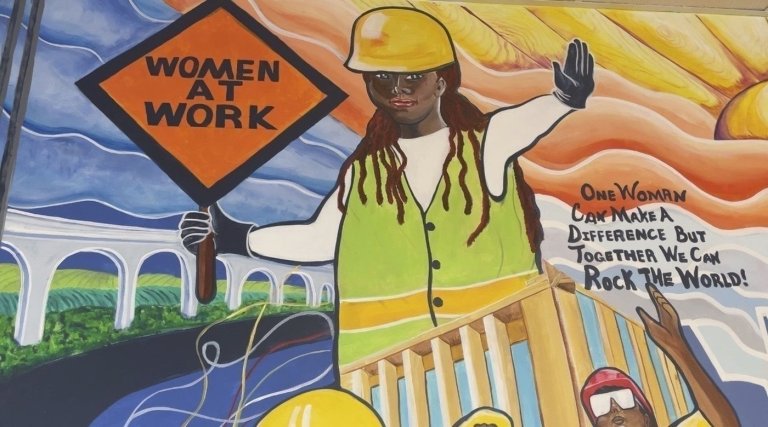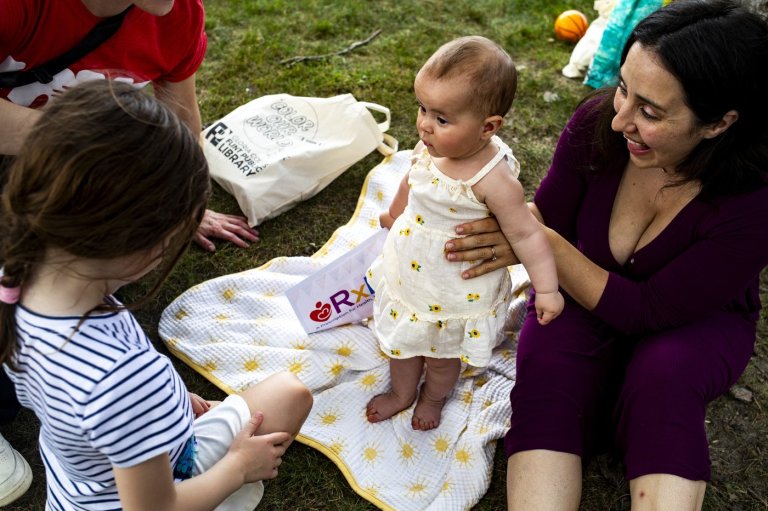Amnesty documents ‘horrifying’ abuse of migrants in Libya
CAIRO – An international rights group on Friday published “horrifying” accounts by migrants of exploitation and sexual abuse in Libya, including Christians who were abducted by Islamic State group militants and forced into sexual slavery.
In a report titled “Libya is full of cruelty,” Amnesty International collected the testimonies of 90 migrants, including 15 women, interviewed in reception centres in Italy and Sicily after escaping Libya in recent months. The group said that sexual abuse is so widespread that some women take contraceptives before their sea crossing.
“From being abducted, incarcerated underground for months and sexually abused by members of armed groups, to being beaten, exploited or shot at by people smugglers, traffickers or criminal gangs — refugees and migrants have described in harrowing detail the horrors they were forced to endure in Libya,” said Amnesty’s Magdelena Mughrabi.
Libya is home to some 250,000 refugees and migrants. The U.N. refugee agency estimates that since April 19, 2015, 4,937 people have died trying to cross the Mediterranean from Libya to Europe.
The group urged the international community to take action to tackle the root cause of migration, and to increase the number of people who are resettled overseas or given humanitarian visas.
Libya fell into chaos following the ouster and killing of Moammar Gadhafi, who ruled for over 40 years before a 2011 uprising that descended into civil war. Despite a U.N.-brokered political deal in December, the country remains politically divided between weak ruling bodies and rival armed groups.
Amid this lawlessness, people smuggling has become a lucrative business and all parties involved, including coast guards, are exhorting migrants for money, Amnesty said. Those who fail to pay are likely to suffer the worst treatment, according to the group.
The migrants and refugees told Amnesty International about people who were killed by smugglers or who died from thirst or starvation. Some were shot or electrocuted and in one case, a disabled migrant was dumped in the desert by people smugglers.
“They had no heart,” said a 20-year-old Eritrean named as Saleh, who entered Libya in October.
Women in particular are at risk of rape and sexual exploitation.
“Their experiences paint a terrifying picture of the conditions many of those who come to Europe are so desperate to escape,” said Mughrabi.
A 22-year-old Eritrean woman identified as Ramya told Amnesty that she was raped more than once while in captivity in a remote area near the town of Ajdabiya, in eastern Libya. “When you have a gun pointed at your head, you don’t really have a choice,” she said.
Another woman described how one migrant woman was gang-raped by people smugglers when she failed to pay her smuggling fees.
In one of the most striking incidents, Amnesty cited a 21-year-old Eritrean woman identified as Amal who said she was among a group of 11 Christian women from Eritrea who were abducted by IS militants in July 2015. They were kept in underground detention for nine months, forced to convert to Islam and used as sex slaves.
Join the Conversation!
Want to share your thoughts, add context, or connect with others in your community? Create a free account to comment on stories, ask questions, and join meaningful discussions on our new site.


















Leave a Reply
You must be logged in to post a comment.